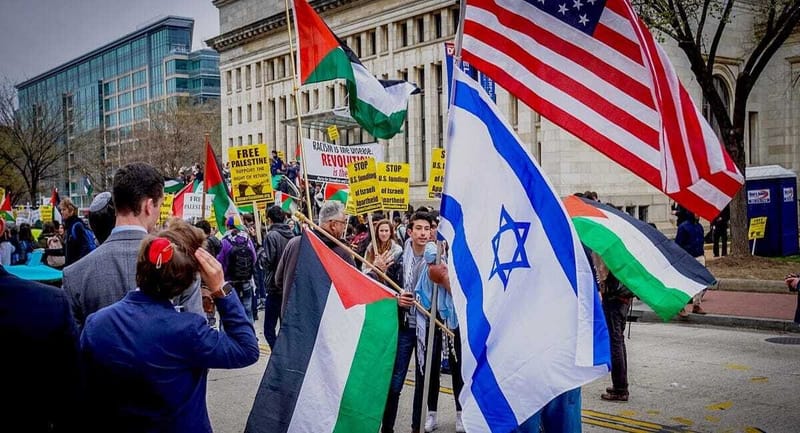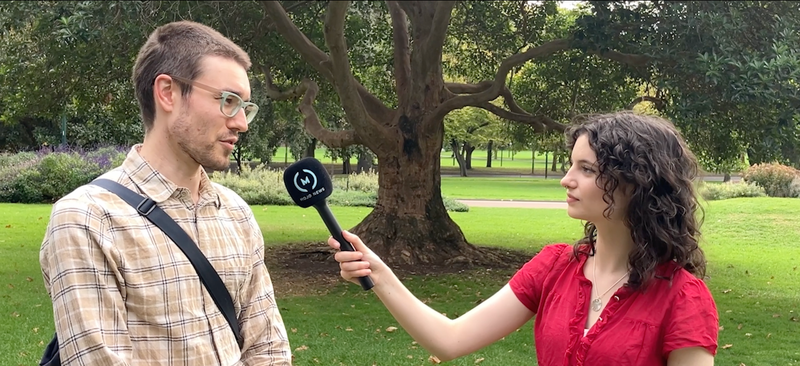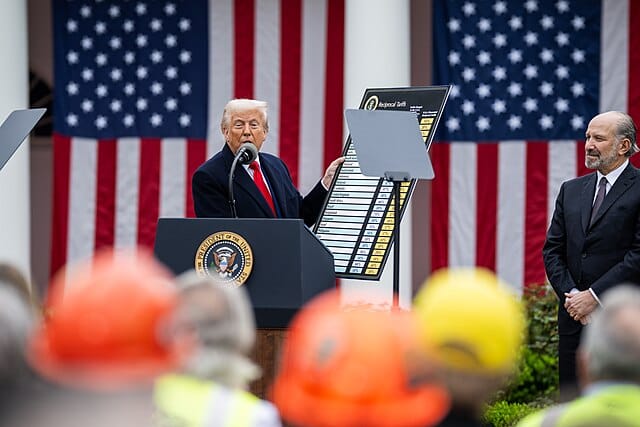Vague laws see Hong Kongers live in a state of fear
Pro-democracy activists are fearful of being subject to vague national security laws when they return to Hong Kong.
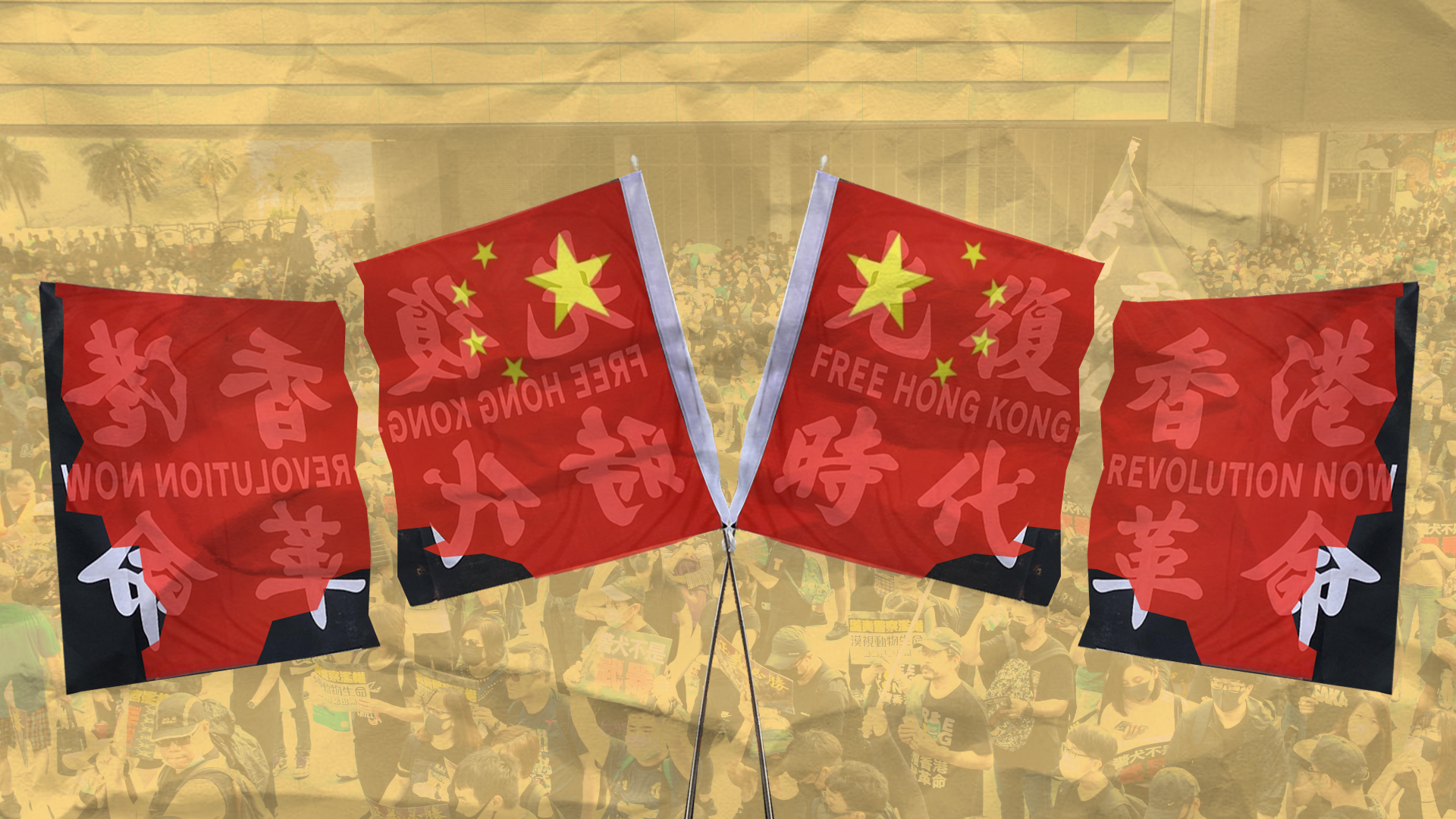
BY CELINE SABAN-FRIEND
Almost 90,000 Hong Kongers have emigrated from the city in the past year according to data released this month by Hong Kong’s Census and Statistics Department.
Despite Australia’s federal government confirming the 'fast tracking’ of visa applications lodged by skilled workers from Hong Kong, Hong Kongers are still questioning their safety.
The concern arises as the city’s national security law continues to impede on Hong Konger’s freedoms and provoke harassment abroad.
A Hong Kong student activist, who participated in the 2019-2020 Hong Kong protests in Brisbane, said despite living in Australia he still feels unsafe revealing his identity.
“I have been intimidated by pro-Beijing students at rallies where we’ve been attacked and assaulted,” he said
“I also don’t feel totally safe even in Australia because the [Australian] government doesn’t have to protect us because we aren’t citizens.”
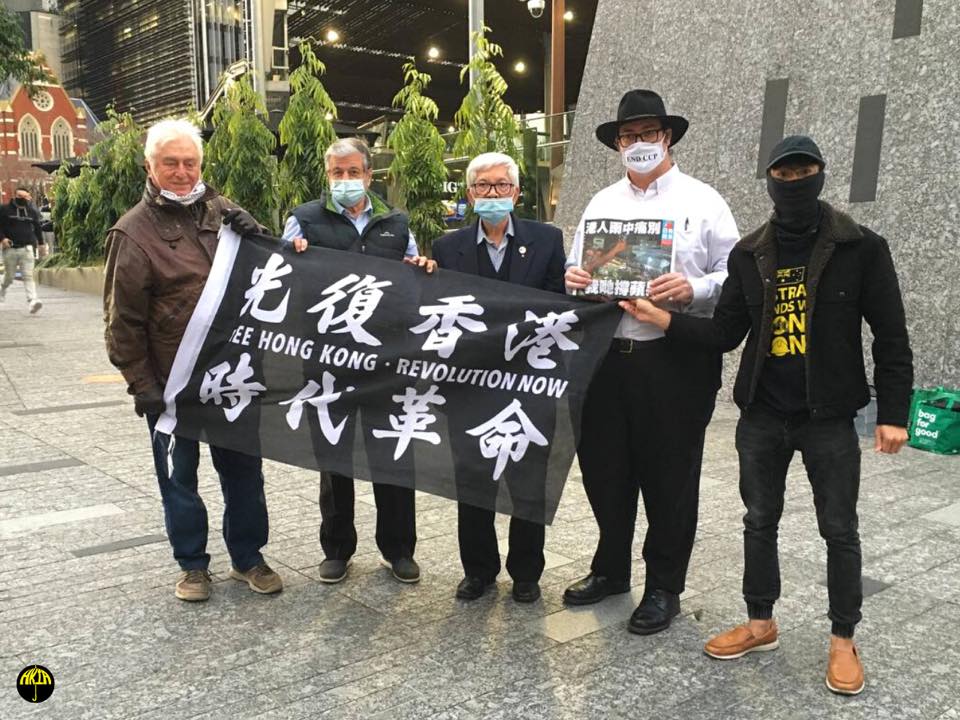
The national security law passed by Beijing late June 2020 states it will only criminalise cases deemed as “secession”, “subversion”, “terrorism” and “collusion with foreign forces”.
However, the student activist said the Chinese government cannot be trusted to follow these rules.
“There is no rule of law in Hong Kong anymore… so, they could use any excuse to charge whoever for whatever reason when they feel like it,” he said.
Amnesty International has described the legislation as “dangerously vague and broad” because anything can be viewed as a threat under its provisions.
This has left many Hong Kongers scared of speaking out about the state of the city, especially as the law applies to anyone across the globe.
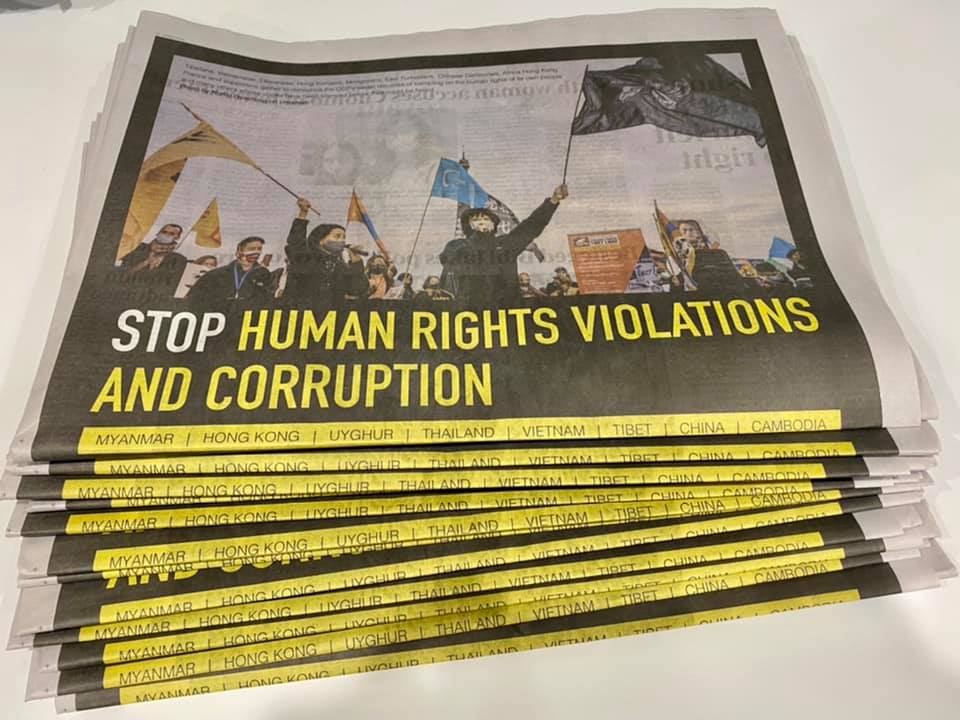
A Melbourne-based social work graduate and fellow Hong Kong activist said he also doesn’t trust this statement and neither do most Hong Kongers.
“At the very beginning they said they wouldn’t trace back and apply it to past actions before the law, but we have been seeing these people getting targeted,” he said.
“You can’t trust what the Chinese Communist Party says because if you look at the past, they have never kept their promises.”
He said like many Hong Kongers, he has to keep his identity a secret for his own security when addressing these issues publicly.
“[Hong Kongers] are constantly being harassed. Whenever we say something that isn’t pro-China, or any comment criticising China, they just harass us for making that comment,” he said.
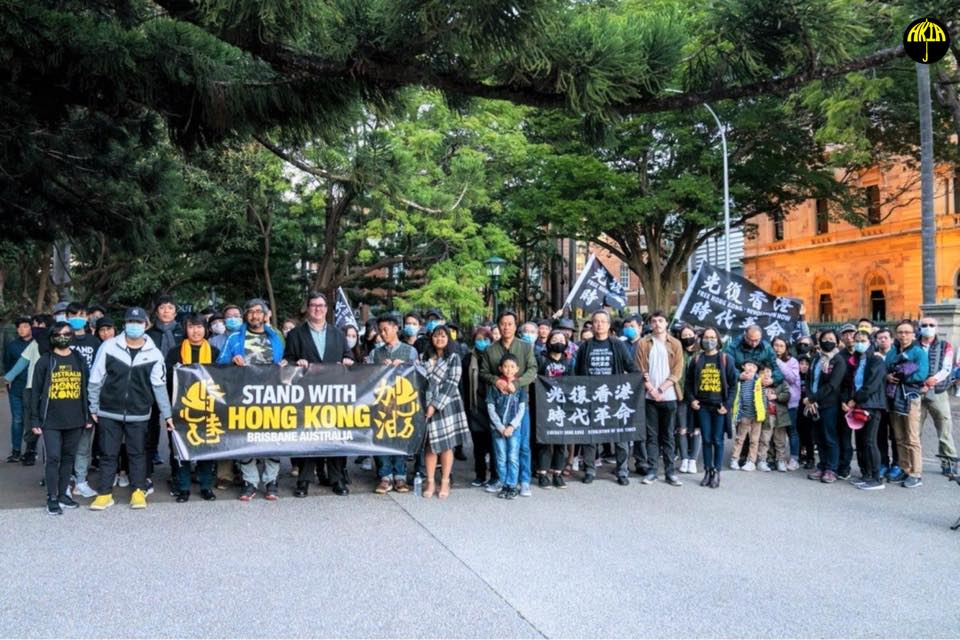
A 2021 investigation by Human Rights Watch into China’s threat on academic freedom in Australia revealed many Hong Kong and Chinese pro-democracy students resort to self-censorship.
A Melbourne-based student activist, whose visa is soon to expire, said while the Australian government is not obligated to help Hong Kongers, more could be done.
“If the Australian government could offer a clearer pathway towards permanent residency after the five-year extension, we would really appreciate it,” he said.
“But to be honest, they’ve really already done more than they should have.”
Current and future students from Hong Kong are currently eligible for a five year temporary graduate visa extension.


